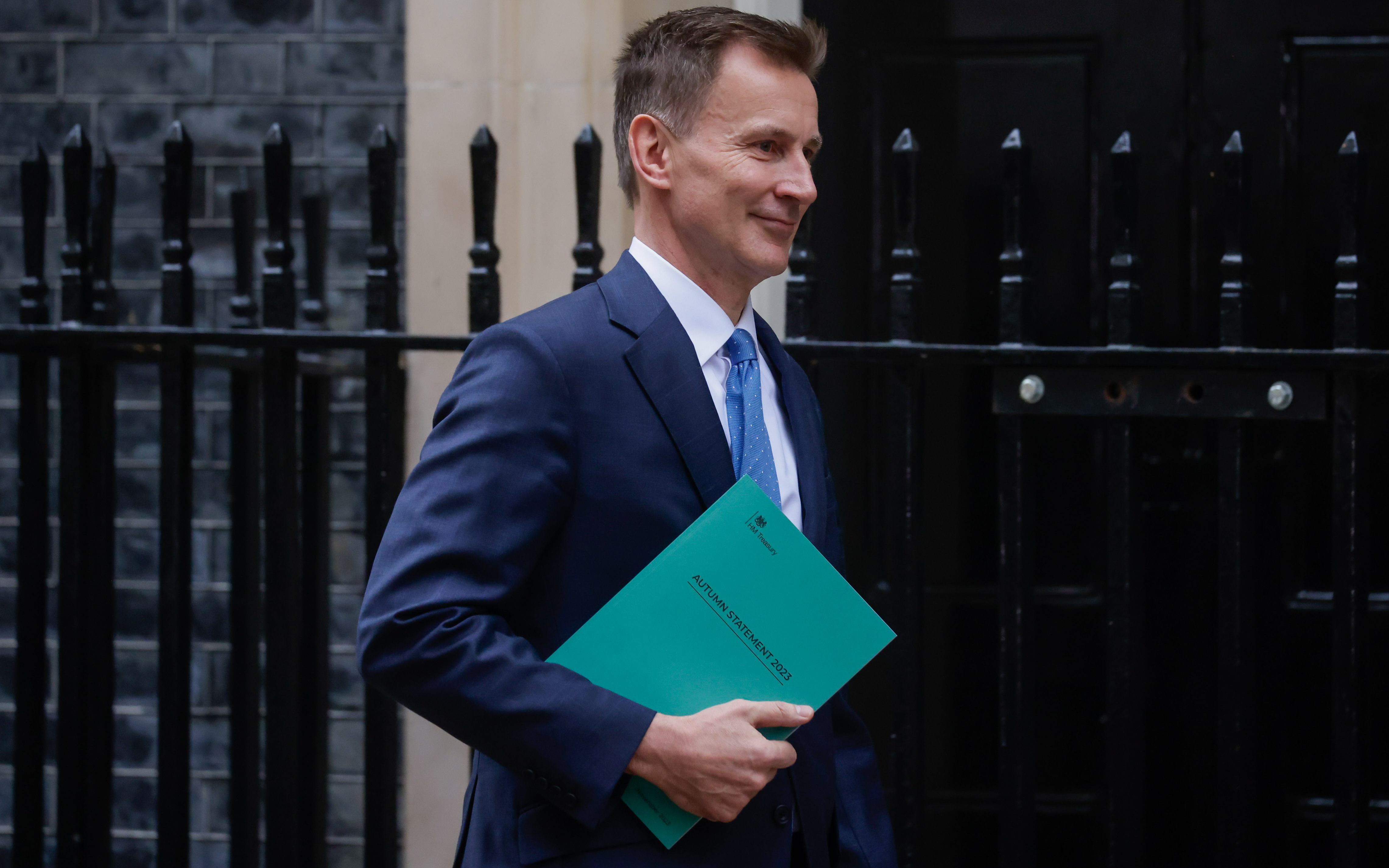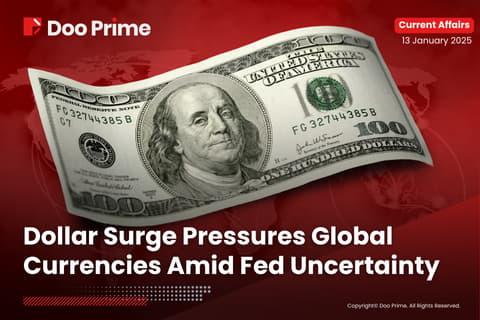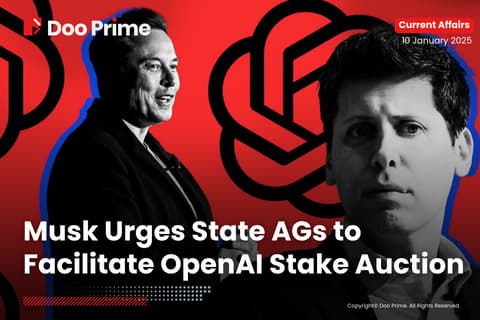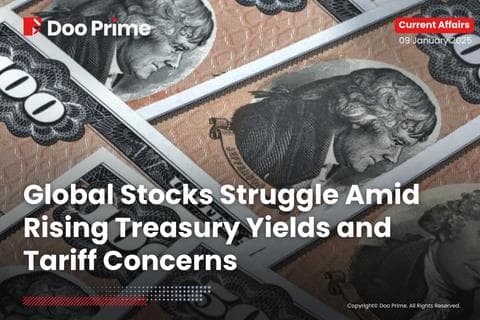Today’s News

Image Source: Bloomberg
The U.K. Treasury, contrary to market expectations, made a smaller-than-anticipated reduction in its targeted bond sales for the year, prompted by Chancellor Jeremy Hunt’s incorporation of a GBP 20 billion (approximately 25 billion USD) tax cut in his Autumn Statement, resulting in a halt of the recent rally in the gilt market.
The Debt Management Office revealed a smaller-than-anticipated decrease of GBP 500 million in gilt issuance for the ongoing fiscal year to GBP 237.3 billion. This reduction contrasted significantly with the projected GBP 15 billion cut anticipated by a Reuters survey involving 13 banks.
Furthermore, the Treasury planned to hold two additional gilt auctions focused on medium and long-term debt before the year’s end, alongside another auction for index-linked gilts in January. This unexpected announcement prompted investors to prepare for larger sales volumes than initially foreseen, contributing to an increase in yields.
Craig Inches, a bond portfolio manager at Royal London Asset Management, remarked that “Long-dated yields have risen quite significantly post the statement.” He emphasized that the additional auctions were “not the Christmas present the gilt market was expecting”.
Market Dynamics And Fiscal Strategy In U.K.’s Autumn Statement
Yields for 30-year gilts experienced an increment of 0.1 percentage point to 4.6% and 10-year yields by 0.06 percentage points to 4.2% signaled a shift, though earlier in the day, yields had hit a five-month low, reflecting a recent global bond rally.
However, this surge was markedly different from the significant sell-off observed in September last year. During that time, the announcement of GBP 45 billion of unfunded tax cuts by then-chancellor Kwasi Kwarteng caused substantial upheaval in government bond markets.
Reflecting on the current scenario, James Lynch, a portfolio manager at Aegon Asset Management, remarked, “It’s not what the market was expecting but it’s not a disaster”.
Amidst mounting pressure, Hunt faced the challenging task of demonstrating fiscal credibility to the markets while simultaneously implementing tax reductions ahead of an impending election next year. Recent official data revealed a noteworthy trend: U.K. borrowing from April to October stood nearly GBP 17 billion below the Office for Budget Responsibility’s previous forecast. This unexpected surplus stemmed from higher-than-anticipated tax receipts, offering the government an opportunity to scale back borrowing plans and deliver tax cuts.
Analyzing the situation, Michael Metcalfe, global head of macro strategy at State Street, commented, “Given the volatility surrounding the U.K.’s fiscal outlook in the past 18 months, the Autumn Statement was an appropriately sober affair,” emphasizing that Hunt had “just” met his fiscal rules.
Debt Projections, Market Concerns, And Monetary Policy Anticipation
The Debt Management Office (DMO) announced a projected issuance of around GBP 240 billion in debt annually for the next four years, an increase of approximately GBP 20 billion per year compared to its previous forecast.
Inches commented that the reported figures have left bond investors pondering, “who will buy this mountain of debt?” He further stated that the sustained high long-term borrowing costs are likely to persist as an “overarching theme in what is likely to remain an economic landscape of geopolitical volatility and sticky inflation”.
Despite recent decreases, the yearly inflation rate remains significantly higher than the Bank of England’s 2 percent target, standing at 4.6%. Despite this, financial markets are speculating that the central bank has concluded its interest rate hikes.
Market indicators suggest expectations for two or three 0.25 percentage point reductions in interest rates by the Bank of England next year, starting from the current rate of 5.25%, with the initial reduction fully anticipated for August next year.
The Bank of England has expressed opposition to the market’s anticipation of interest rate cuts in recent times. Governor Andrew Bailey cautioned on Tuesday that investors may be excessively relying on recent data showing a sharp decline in headline inflation figures for October.
Other News
Sam Altman Set to Return as OpenAI CEO
Sam Altman is set to return as CEO of OpenAI following an ‘agreement in principle’ after being sacked and a subsequent uproar from staff and investors. The reinstatement comes with a restructured board, led by Bret Taylor, after days of internal turmoil.
Citigroup Urges Employees to Report Inappropriate Behavior
In response to a lawsuit by managing director Ardith Lindsey alleging sexual harassment, Citigroup’s Andy Morton encouraged employees to report any inappropriate behavior, stressing a commitment to taking decisive action against such misconduct.
U.S. Prosecutors Seek Binance Founder’s Presence Until Sentencing
U.S. prosecutors are urging Binance founder Changpeng Zhao to remain in the U.S. until his sentencing on Feb. 23, 2024. They aim to prevent Zhao from returning to the United Arab Emirates before sentencing.



